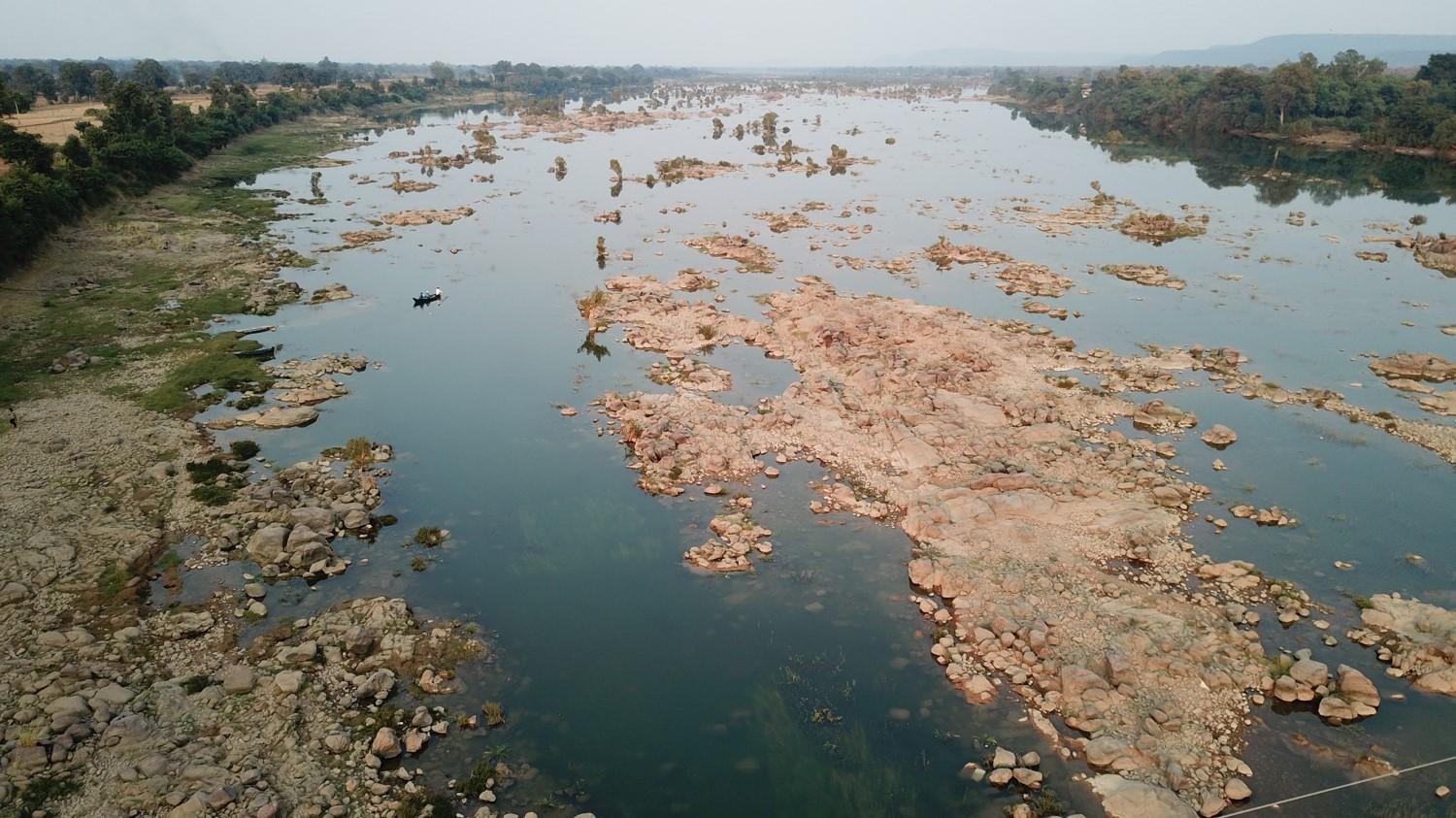
Submitted by Carmyn de Jonge on Fri, 10/07/2020 - 14:16
Bivalve shellfish represent a nutritious and low-impact food source that is underutilized. New innovations in production in this sector could fulfil the protein needs of nearly one billion people in the most vulnerable global regions.
David F. Willer and David C. Aldridge
Suboptimal global food production is directly related to poor diets, nutrition-related disease and environmental pressure. The tropical regions bear the brunt of this crisis, concentrating the fastest population growth1 and the greatest problems related to food production, distribution and loss. Over-reliance on processed food imports is also driving a rapid increase in obesity in the developing tropics relative to the Global North.
Livestock meat, though nutrient rich, has a limited potential to solve these issues. Current production methods are unsustainable, and consumption must be halved by 2050 to avoid a catastrophic overstep of planetary environmental boundaries. Sustainable diets are primarily plant-based , yet many nutrients vital to human health are far less bioavailable in plant crops than in meat while rising CO2 is dramatically reducing the absolute content of these nutrients in plant crops. Without new food sources and productivity increases, tropical regions may be forced to open up new land to unsustainable agricultural development, or face economic debt and public health problems through unsustainable food imports...[Read More]
